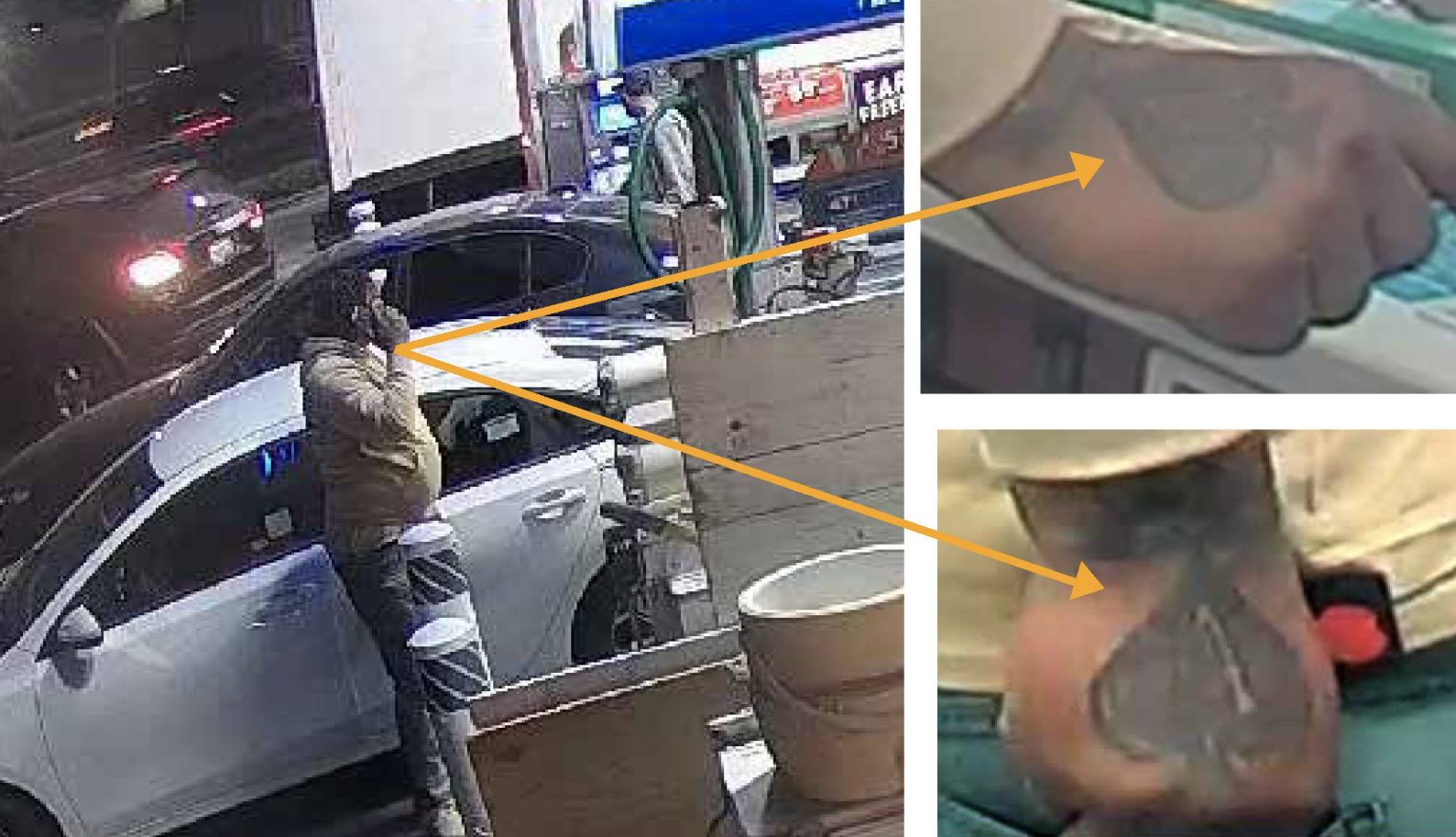About 30 seconds before Tuesday's Magnitude 7.4 earthquake was felt in Mexico City, residents in the capital were warned by a siren.
Mexico City created an early warning system after the devastating 8.1 quake in 1985, which killed about 10,000 people.
"They realized they could set up a system to warn Mexico City when something happened on the coast," said CalTech Geophysicist Tom Heaton. "It was privately funded."
CalTech is one of three universities that received $2 million each late last year to work on an early warning system for the west coast.
"We've got several students and professors working on ways to improve it," Heaton said. "We're gearing up to hire new programming people."
Here's how it would work: A network of sensors, some of which are already in place, detect the first signs of movement, called primary waves or P waves. Those are weak, but can alert that the more powerful secondary waves, or S waves, are on their way.
Japan already has such a system in place which alerts schools, office buildings, hospitals, and train operators. Japan's system is credited with saving lives during its 9.1 quake a year ago, but that system cost $500 million.
Local
Get Los Angeles's latest local news on crime, entertainment, weather, schools, COVID, cost of living and more. Here's your go-to source for today's LA news.
The most recent funding for the west coast system was only $6 million and its only intended to build a prototype.
"We're continuing to work on it at accelerated pace," Heaton said. "But certainly we haven't got the go ahead from the federal government to actually build a working system."
Follow NBCLA for the latest LA news, events and entertainment: iPhone/iPad App | Facebook | Twitter | Google+ | Instagram | RSS | Text Alerts | Email Alerts



